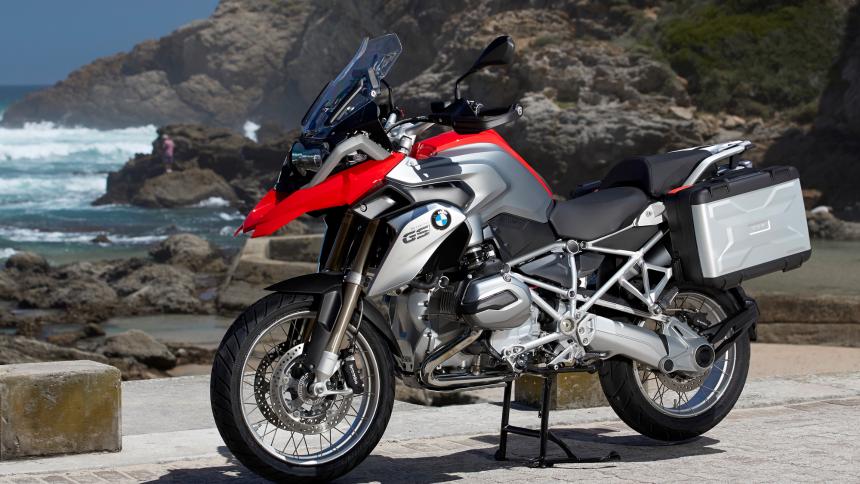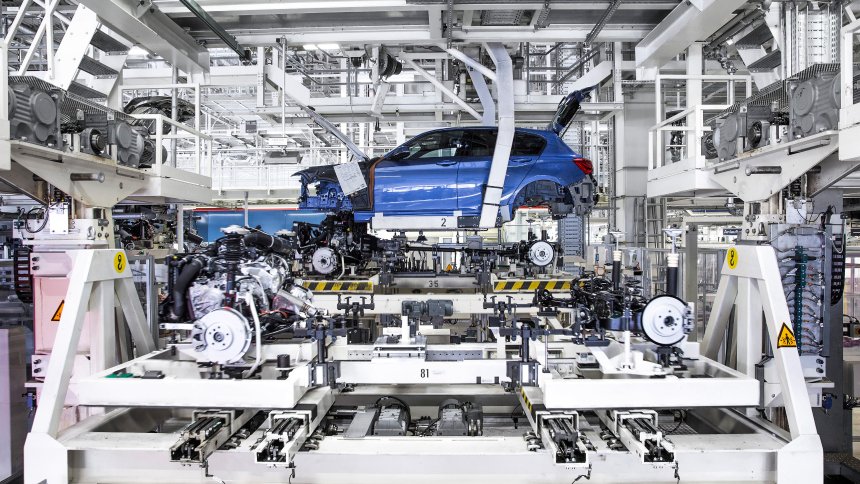9 November 2017
New figures released today by the Finance & Leasing Association (FLA) show that asset finance new business (primarily leasing and hire purchase) fell by 6% in September, compared with the same month last year. In Q3 2017, new business fell by 2% compared with the same quarter in 2016.
While new finance for business equipment grew in September by 4% compared with the same month in 2016, new finance for plant and machinery fell by 8% over the same period.
Commenting on the figures, Geraldine Kilkelly, Head of Research and Chief Economist at the FLA, said:
“September was a quieter month for the business car and plant and machinery finance sectors. Nevertheless, the asset finance market has returned a strong performance so far in 2017, with new business overall 6% higher than in the previous year. Over the same period, UK business investment is forecast to have grown by only 2.3%.
“Recent data revisions by the Office for National Statistics suggest that the asset finance industry’s contribution to supporting business investment is even greater than previously thought. FLA calculations show that the industry financed more than 35% of UK investment in machinery, equipment and purchased software in the twelve months to June 2017 – an eight-year high.”
Sep 2017
% change on prev. year
3 months to Sep
2017
% change on prev. year
12 months to Sep
2017
% change on prev. year
Total FLA asset finance (£m)
2,750
-6
7,574
-2
31,611
+5
Total excluding high value (£m)
2,740
-2
7,381
+3
30,579
+6
Data Extracts:
By asset:
Plant and machinery finance (£m)
494
-8
1,537
+5
6,505
+12
Commercial vehicle finance (£m)
711
+1
1,764
-2
7,488
+2
IT equipment finance (£m)
212
-4
549
-5
2,214
-3
Business equipment finance (£m)
219
+4
632
+8
2,567
+12
Car finance (£m)
888
-8
2,396
+2
9,763
+5
Aircraft, ships and rolling stock finance (£m)
20
+24
34
-77
615
+20
By channel:
Direct finance (£m)
1,283
-5
3,711
0
15,506
+4
Broker-introduced finance (£m)
520
-4
1,423
+3
5,723
+12
Sales finance (£m)
937
+3
2,248
+6
9,350
+6
By product:
Finance leasing (£m)
344
-3
941
0
4,000
-3
Operating leasing (£m)
655
-6
1,658
0
7,063
+6
Lease/Hire purchase (£m)
1,434
-2
4,045
+3
16,589
+9
Other finance (£m)
316
-24
930
-21
3,959
-4
Note to editors:
In 2016, FLA members provided £118 billion of new finance to UK businesses and households. £30 billion of finance was provided to businesses and the public sector. FLA members financed more than a third of UK investment in machinery, equipment and purchased software in the UK in 2016.For media enquiries, please contact the FLA press office on 020 7420 9656.


